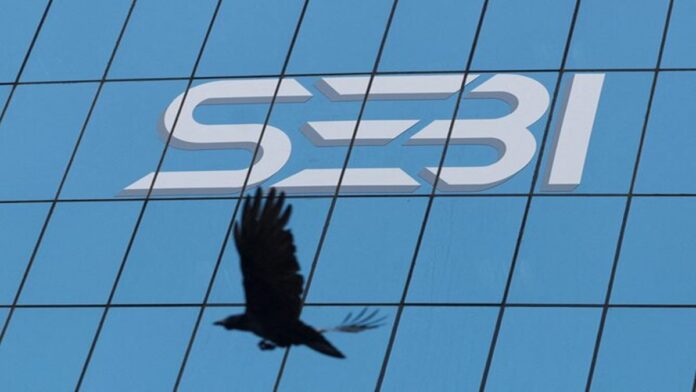The Securities and Exchange Board of India’s (SEBI) directive barring foreign portfolio investors from issuing offshore derivatives instruments (ODIs) with derivatives as underlying may have little impact on the segment since there have been negligible trades in this segment for over three years, said experts.
However, the mandate to provide granular details of its ownership, and economic interest, among others, might squeeze out the remaining ODI volumes as it adds to the compliance burden for FPIs.
Also ReadRupee slides to record lows on strong dollar demand, FII outflows
To plug regulatory gaps allowing foreign investors to take leveraged positions through ODIs, SEBI has mandated that ODIs’ underlying and hedge positions must align one-to-one in the same security (excluding derivatives).
SEBI has also mandated additional disclosures for ODI subscribers holding over 50% of their equity ODI positions in a single corporate group or with equity holdings exceeding Rs 25,000 crore.
Despite these changes, SEBI data suggests that ODIs on derivatives have been negligible for at least three years, with only Rs 75 crore recorded briefly in June and July 2023 combined. As of September 2024, total ODI values across equity, debt, and hybrid securities stood at Rs 1.72 lakh crore—just 2.04% of FPIs’ Rs 84.30 lakh crore assets under custody (AUC).
This marks a sharp decline from 2014 when ODIs were Rs 2.22 lakh crore, or 10.7% of Rs 20.84 lakh crore AUC, with over 2% linked to derivatives. The ODI market value has fallen over the past decade despite a 300% rise in FPIs’ assets under custody in the same time period.
Given the absence of ODIs with derivatives as underlying, this change won’t have any significant impact, said Prakhar Dua, leader of the financial services and regulatory practice at Nishith Desai Associates. “However, I believe that SEBI mandating applicability of granular disclosure norms on ODI subscribers may have a larger impact on the ODI deals as the compliance burden would increase,” he said.
For instance, they would not just have to collect the requisite details and disclosures from the ODI issuer and submit to the depositories within the prescribed timeline, but also independently validate the disclosures of the holdings reported by the ODI subscribers to them. Further, in cases of breach and realignment, it seems that the names of the ODI subscribers will be available in public domain,
» Read More


